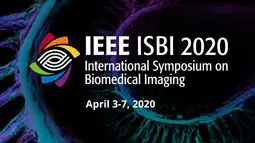-
Members: FreeSPS
IEEE Members: $11.00
Non-members: $15.00Length: 52:01
03 Apr 2020
Machine learning and especially deep learning hold great promise to improve patient care. In several domains, algorithms perform as good as or better than fellowship trained radiologists for identification of abnormalities in clinically acquired images. However, there are much broader applications beyond image analysis such as patient selection and examination scheduling, image acquisition and reconstruction, using image data for prognostic purposes, and combing image data with information from electronic health records, laboratory and genetic data. Furthermore, in order for algorithms to be broadly accepted, there are many scenarios where it is important for the clinician that results are explainable. In addition, clinical deployment and workflow should be taken into consideration when designing the algorithm and bringing it to clinical practice. In my lecture I will focus on these aspects from a cardiovascular imaging perspective. [1] Hampe N, Wolterink JM, van Velzen SGM, Leiner T, I?gum I. Machine Learning for Assessment of Coronary Artery Disease in Cardiac CT: A Survey. Front Cardiovasc Med, 26 November 2019 https://doi.org/10.3389/fcvm.2019.00172 [2] Leiner T, Rueckert D, Suinesiaputra A, Baeáler B, Nezafat R, I?gum I, Young AA. Machine learning in cardiovascular magnetic resonance: basic concepts and applications. J Cardiovasc Magn Reson 21(1):61, 2019.



